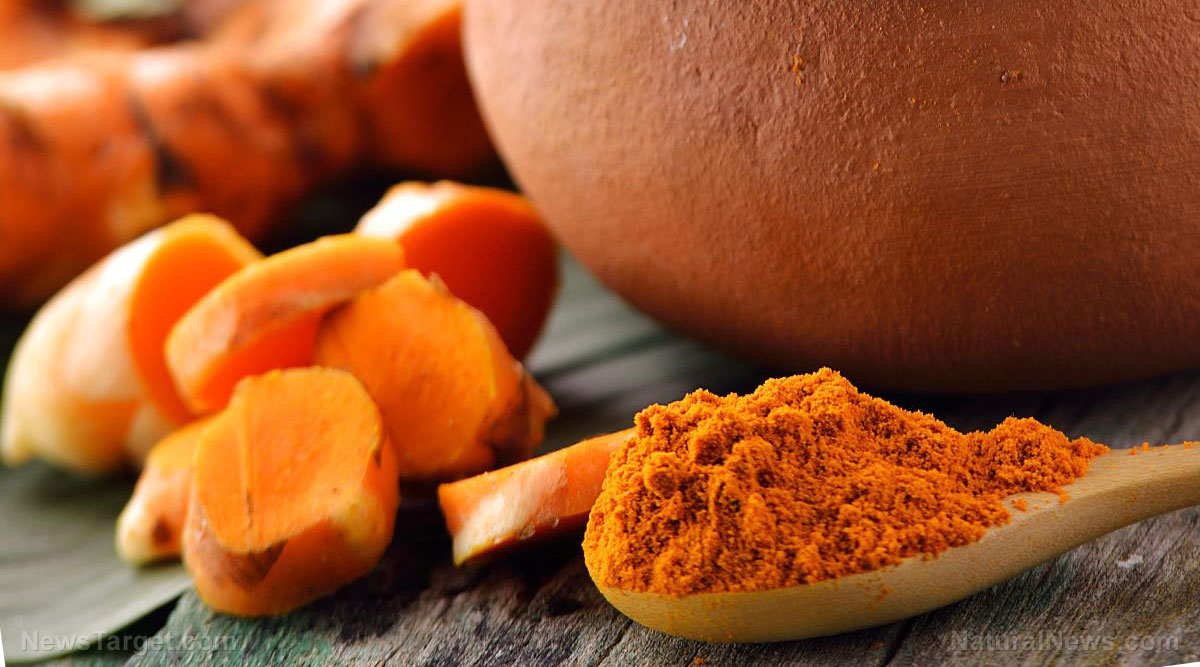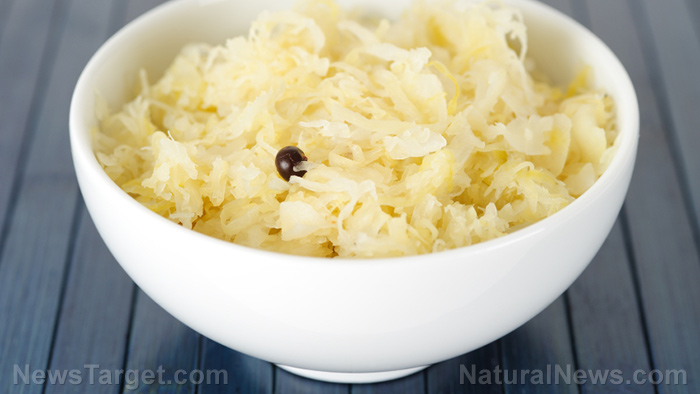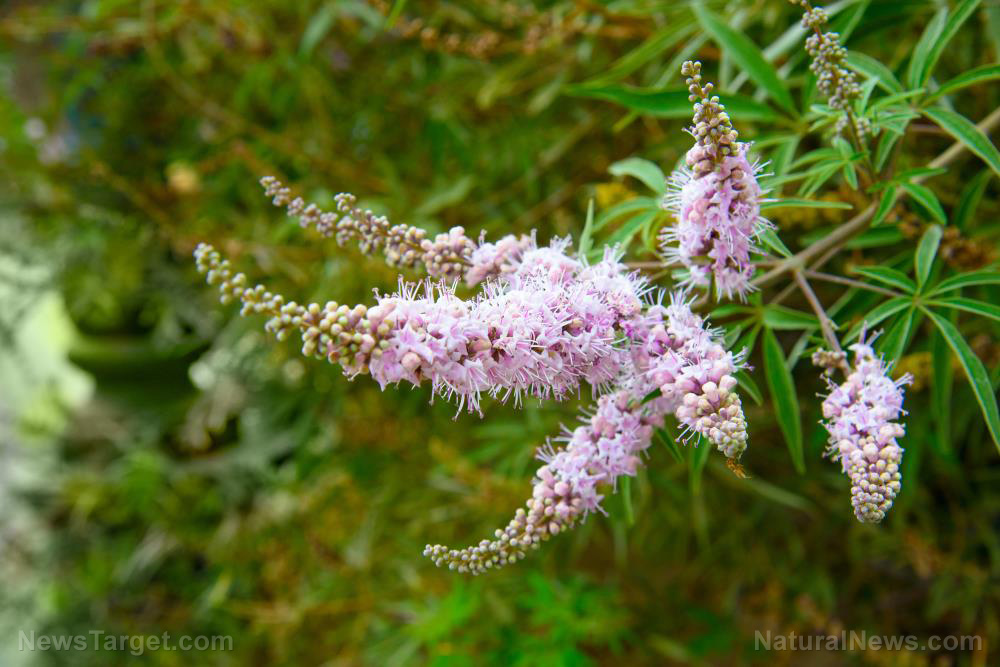
Phytonutrient profile of curcumin
Turmeric contains approximately 2–6% curcumin by weight, depending on the variety and growing conditions. Curcumin (chemical formula: C₂₁H₂₀O₆) is a diferuloylmethane, a type of curcuminoid, characterized by its deep yellow color and potent biochemical activity. Alongside curcumin, turmeric contains other bioactive compounds like volatile oils (e.g., turmerone), vitamins (B6 and C), and minerals (iron, manganese, potassium). The primary phytonutrient of interest, curcumin, is a polyphenol with high lipid solubility, enabling it to interact with cellular membranes and exert its multi-functional effects. Its unique structure allows it to influence intracellular signaling pathways, including those implicated in inflammation and oxidative stress.Anti-inflammatory mechanisms of curcumin
Chronic inflammation, linked to neurodegeneration, cardiovascular disease, and mood disorders, is inhibited by curcumin through several mechanisms:- NF-κB suppression: Curcumin inhibits nuclear factor-kappa B (NF-κB), a central transcription factor driving inflammatory gene expression. This reduces the production of cytokines like tumor necrosis factor-alpha (TNF-α) and interleukin-6 (IL-6).
- COX-2 and LOX inhibition: By downregulating cyclooxygenase-2 (COX-2) and lipoxygenase (LOX) enzymes, curcumin limits prostaglandin and leukotriene synthesis – mediators of inflammation.
- Oxidative stress mitigation: Curcumin’s antioxidant properties scavenge reactive oxygen species and enhance glutathione activity, countering oxidative damage.
Curcumin’s impact on brain health and neuroinflammation
Neuroprotection via BDNF modulation
Curcumin’s neuroprotective role is partly attributed to its ability to elevate brain-derived neurotrophic factor (BDNF), a growth factor critical for neurogenesis and synaptic plasticity. In a randomized controlled trial, daily curcumin supplementation (80 mg) over 18 weeks increased BDNF levels in healthy adults, correlating with improved short-term and working memory. BDNF promotion is thought to reduce hippocampal damage from chronic stress, enhancing resilience.Reduction of neuroinflammation
In Alzheimer’s disease models, curcumin crosses the blood-brain barrier to suppress neuroinflammation by modulating microglia (Chandra et al., 2011; DOI: 10.1016/j.jneurosci.2011.07.021). This may slow amyloid-beta plaque accumulation and tau phosphorylation, hallmarks of neurodegeneration.Curcumin and stress resilience: cognitive benefits unveiled
Chronic stress elevates cortisol and cytokines, damaging hippocampal neurons and impeding clear thinking. Curcumin addresses this via two pathways:- Stress hormone regulation: In preclinical studies, curcumin reduced corticosterone levels in stressed rats, normalizing the hypothalamic-pituitary-adrenal (HPA) axis.
- Neuroinflammation relief: By targeting IL-6 and TNF-α in the brain, curcumin mitigates stress-induced synaptic dysfunction, improving concentration and emotional regulation.
Bio-availability and application considerations
Curcumin’s poor bioavailability (due to rapid metabolism) is overcome by:- Piperine co-administration: Black pepper’s alkaloid piperine enhances curcumin absorption by 2,000%.
- Formulation innovations: Liposomal or nanotechnology-based curcumin supplements significantly elevate bioavailability.
The sweet power of Honey: A versatile superfood for health and wellness
By Laura Harris // Share
DMSO and Natural Dyes: A suppressed cancer treatment resurfaces in independent research
By Finn Heartley // Share
Study finds bananas more effective than salt reduction for lowering blood pressure
By Cassie B. // Share
Chasteberry: The ancient hormone-balancing superfruit
By Ava Grace // Share
Astragalus: The ancient herb of vitality and resilience
By Ava Grace // Share
The sweet power of Honey: A versatile superfood for health and wellness
By lauraharris // Share
Nvidia’s $500B U.S. AI bet counters China trade threats, fuels Trump’s jobs push
By isabelle // Share
DMSO and Natural Dyes: A suppressed cancer treatment resurfaces in independent research
By finnheartley // Share









